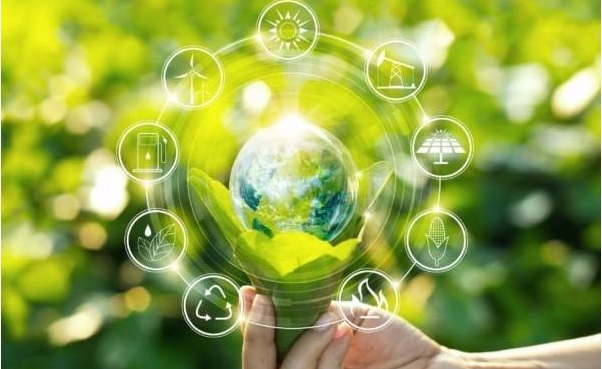The final rule is said to increase certainty and reduce the costs related to the deployment of offshore wind projects by modernising regulations, streamlining processes and removing unnecessary ones, clarifying ambiguous regulatory provisions, and enhancing compliance requirements.
According to the Department of the Interior (DOI), the final rule is expected to result in cost savings of approximately USD 1.9 billion to the offshore wind industry over the next 20 years.
“The final modernization rule will streamline the permitting process and reduce regulatory barriers for developers. It will also lead to greater collaboration between federal, state, and local stakeholders, ensuring that offshore wind projects are developed in a sustainable and responsible manner,” said Anne Reynolds, the American Clean Power Association Vice President for Offshore Wind.
The final rule also includes a process to regularly update a five-year offshore wind leasing schedule.
On 24 April, the US Secretary of the Interior Deb Haaland announced a new five-year offshore wind leasing schedule, which includes up to twelve potential offshore wind energy lease sales through 2028.
Future offshore wind energy lease sales from BOEM are anticipated in the Atlantic, Gulf of Mexico, Pacific, and the waters offshore of the US territories in the next five years.
During the Biden-Harris administration, the Department has approved more than 10 GW of offshore wind capacity – enough to power nearly four million homes.
The Department has also taken steps to grow a sustainable offshore wind industry by encouraging the use of project labor agreements, strengthening workforce training, bolstering a domestic supply chain, and enhancing engagement with Tribes, fisheries, underserved communities, and ocean users.
